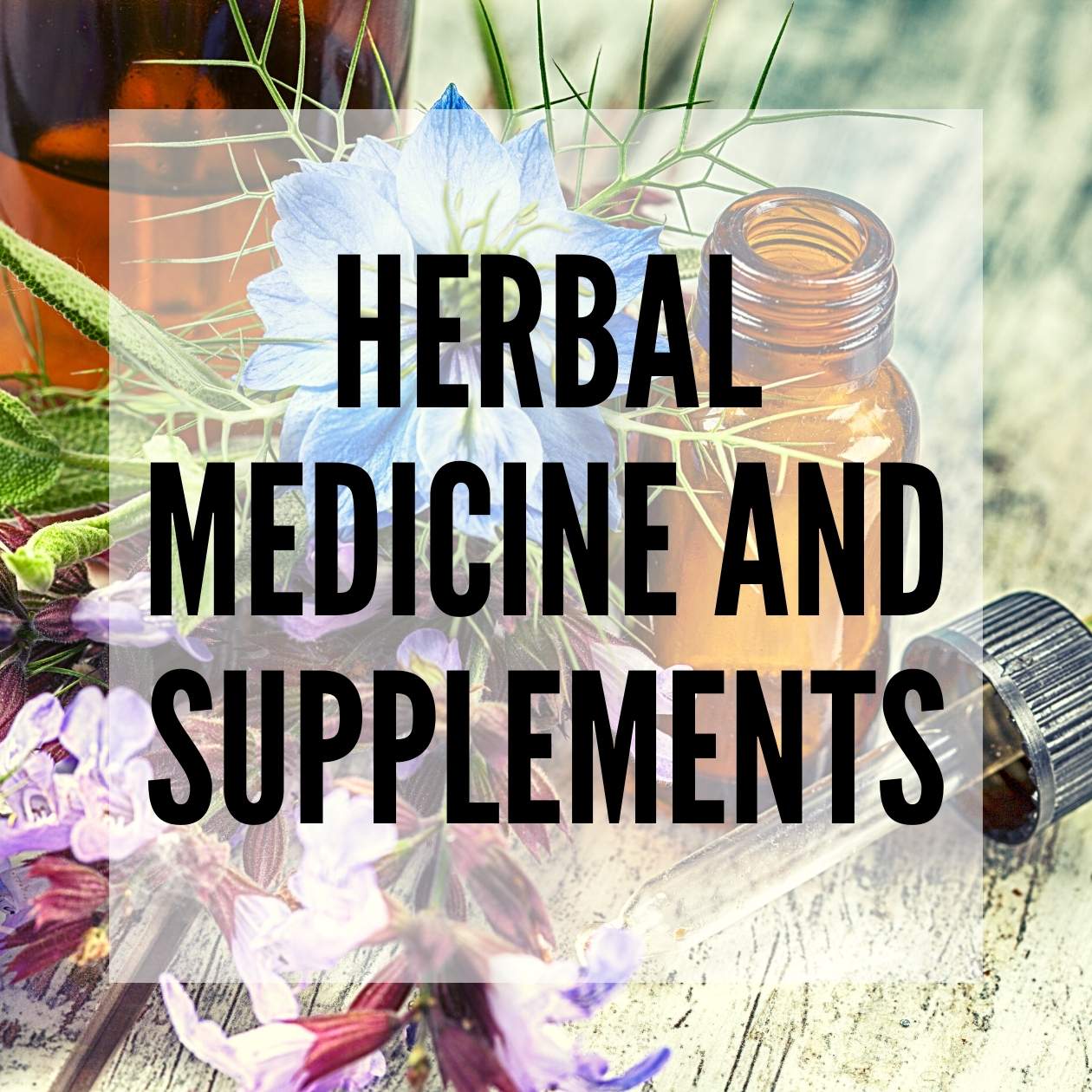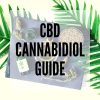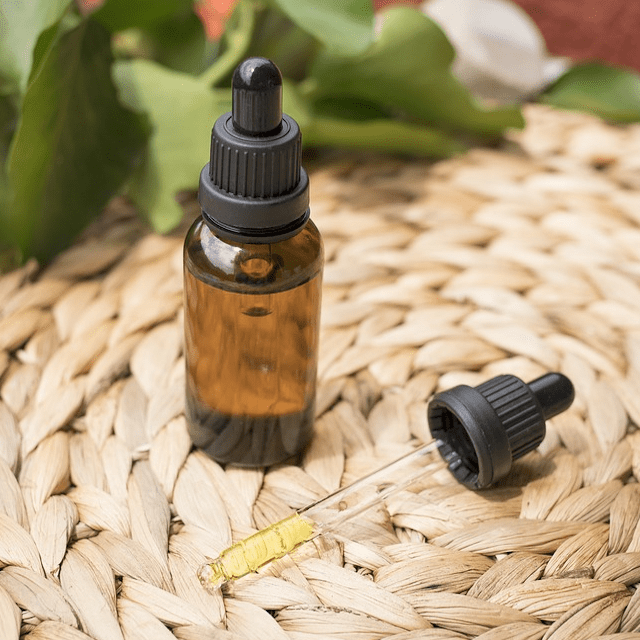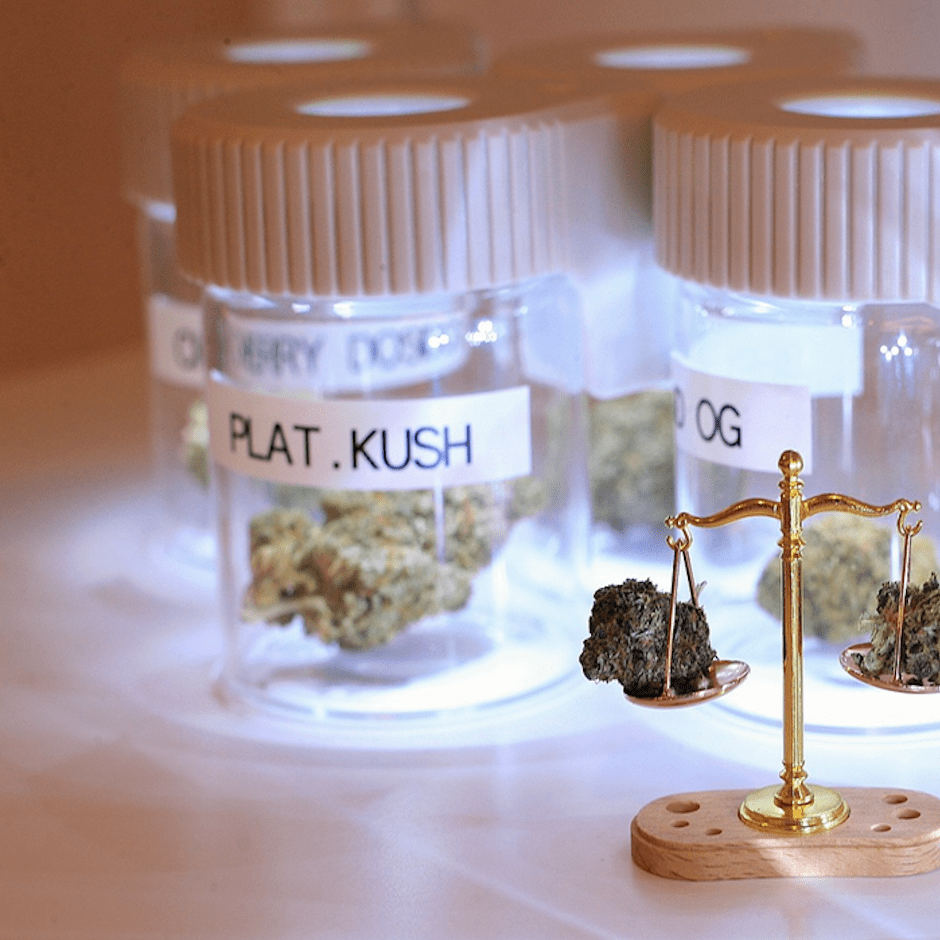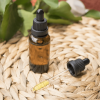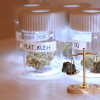Herbal medicine, or Phytotherapy, is an alternative medicine in which the mind is an important part of physical health. According to phytotherapists, the cause of a physical complaint is in fact due to a disturbance of the balance between the mind and the body. This balance can be restored with the help of 100% herbal remedies. In contrast to homeopathy, where minute doses of active substances from medicinal plants are used, in herbal medicine the active substances from medicinal plants are administered in their normal dosage.
Table of Contents
WHAT IS THE DIFFERENCE BETWEEN HERBAL SUPPLEMENTS?
It is difficult to draw a clear line between the two, mainly due to the fact that herbal medicine can be described as a subcategory of all supplements. In most cases, however, the herbal medicine is made from plants, plant parts, roots, herbs, spices and other organically occurring bio-organisms. That means most herbal remedies are more complex on a biochemical level. That while most other supplements can be just a mix of a few basic nutrients or just a single nutrient.
But again; it is very difficult to draw a clear line between these two categories, as both categories are very closely related. Both can have their own pros and cons.
ARE HERBAL SUPPLEMENTS SAFE?
Most of the herbal supplements are regulated in most countries in the world, but not like any food or medicine. In most countries, herbal supplements fall under the category of dietary supplements. This means that most herbal supplements on the market must follow certain manufacturing practices and meet quality standards. They cannot be sold with specific medical claims. That makes it easier for sellers and marketers to be flexible with the real purposes of a particular herbal supplement.
This also means that in most countries there are no specific regulations to guarantee the safety of most herbs and/or nutritional supplements. That is why it is very important to do personal research on the food supplements/herbal supplements, and to only buy them from reliable parties.
Most herbal supplements contain certain types of complex chemical structures that occur in nature. The effects can therefore differ per user. In addition, they can be considered a real health risk when used in combination with other supplements, drugs or prescription medications.
For this reason, you should always consult with your doctor and a licensed professional before deciding to experiment with any herbal or dietary supplement. In addition, always make sure that you start slowly and know how your body reacts to a minimal dose. This way you can minimize the health risks.
HOW DO YOU KNOW IF THE HERBAL SUPPLEMENT DOES WHAT THE SUPPLIER CLAIMED?
It is always advisable to investigate claims from the manufacturer itself and to check whether those claims match up with reliable sources. Try to find the most objective, research-based information and then evaluate the potential benefits and risks.
WHEN CAN’T YOU USE HERBAL SUPPLEMENTS?
Different dietary supplements may pose different risks to different users. There are some first steps to consider before experimenting with any dietary or herbal supplement.
You should not take dietary supplements if you are under 18 or over 65. You should also not take them if you are pregnant or breastfeeding. You should also be very careful with dietary supplements if you have serious health conditions or if you are currently taking prescription or other over-the-counter medications.
Also, try to avoid dietary supplements if you are about to have surgery or if you are seeking medical treatment. The best way to make sure it’s safe for you to take any diet or herbal supplements is to consult a doctor and/or other licensed professionals. Also avoid mixing supplements with any kind of recreational substances.
WHAT IS THE BEST SAFETY ADVICE FOR USING HERBAL SUPPLEMENTS?
Before experimenting with a new substance, evaluate your general physical, mental and medical condition and make sure all those conditions are perfect. Don’t try to look for alternative medicine if you have problems with your health in general.
Follow the instructions of the supplements and never exceed the recommended daily dosages, in addition, do not take supplements for longer periods than is advised. Stop consuming any supplement if you notice any negative side effects or if you feel that this supplement is not working for you.
Do not experiment with more than one supplement at a time. Also keep track of your consumption to better assess the true value or benefits of a supplement. Also, choose your supplements wisely. So only choose reliable suppliers and always check the warnings/advice about the supplement you plan to take.
